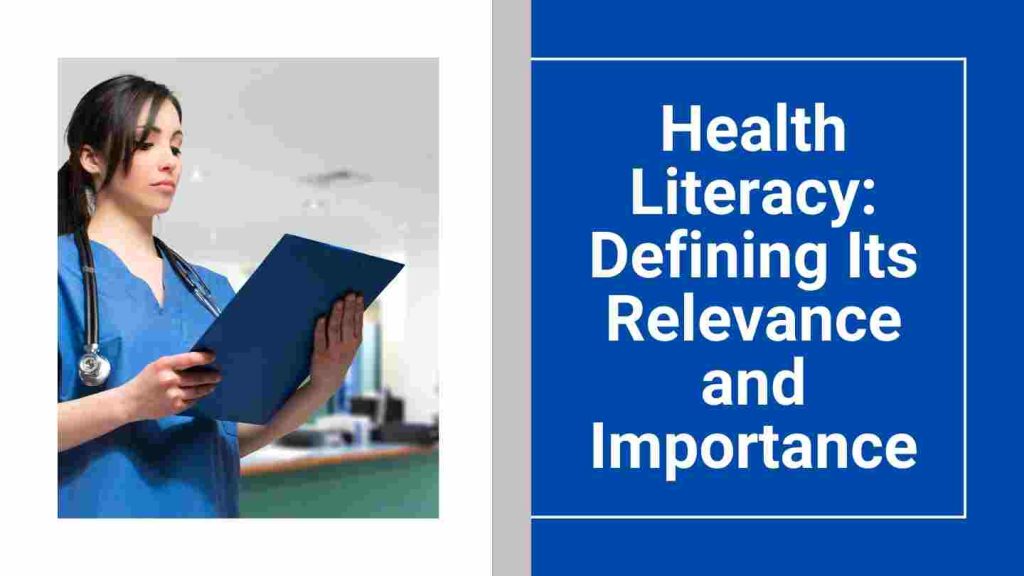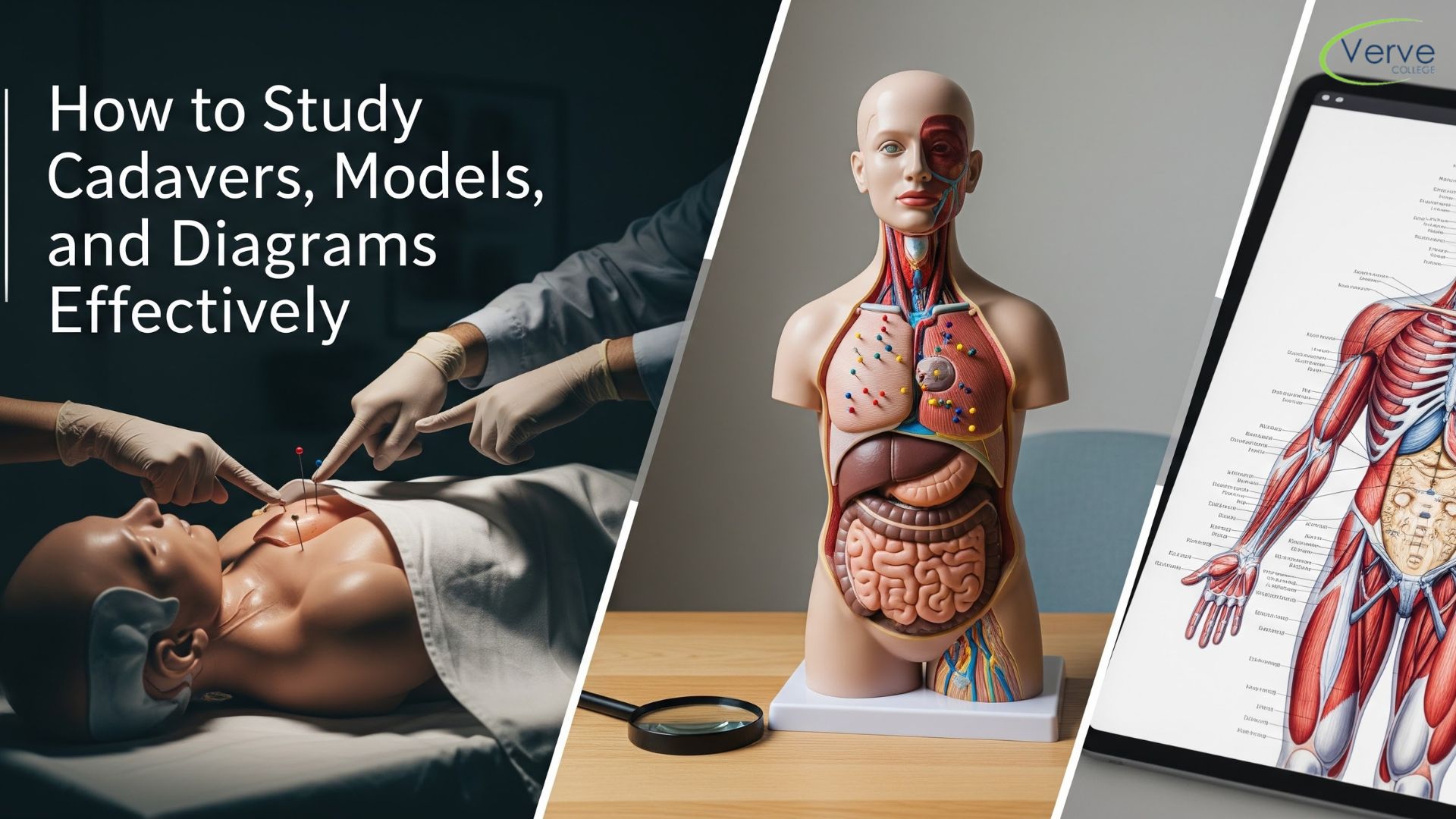- Oak Brook:(630) 705-9999
- Chicago:(312) 920-8822
- Email:inquiry@vervecollege.edu
- Make a Payment
- Home
- Programs
- Admission
- Resources
- ATI Entrance Exam Resources
- New E-Digital Library
- Refer a Friend
- School Newsletter
- Events
- Employers
- Job-Network
- Alpha Beta Kappa Candidates
- Verve College Library
- Graduation and Pinning Ceremony Photo Galleries
- Textbook Information
- Career Services
- Tutoring
- School Catalog
- FAQ
- Constitution Day Program
- Alumni
- Verve College Plans
- Financial Aid
- HEERF Reporting
- Satisfactory Academic Progress
- Apply For Financial Aid
- Net Price Calculator
- Return of Title IV Funds (R2T4)
- Financial Aid Office Code of Conduct
- Contact
- FAQs
- Verification Policy
- Vaccination Policy
- Student Right-to-Know Act
- Misrepresentation
- Information Security Program
- Academic Award Year
- Availability of Employee
- Cost of Attendance
- Health & Safety Exemption Requirement
- Students Rights and Responsibilities
- Leave of Absence
- Pell Formula
- Military Students
- Grants/ Scholarship Policy
- Contact Us
- Testimonials
- Blog
Is a Nursing Career Right For You?
Take The Free Quiz
Health Literacy: Defining Its Relevance and Importance
Health Literacy: Defining Its Relevance and Importance
You may have found yourself searching for home remedies online when you were feeling sick. You may be familiar with the difficulty of navigating medical information. Even a routine check-up done by the healthcare team in your clinic may require you to sift through the terminology of a new medication or diagnosis. Healthcare and medicine are very complex fields. New research and protocols are added daily. However, In the nursing profession, the best nursing schools in Illinois with prerequisite courses is the right choice to become a practical nurse that will provide the skills & knowledge in the healthcare field.
What is Health Literacy?
Akeia Blu, health communication consultant at Be Healthy Literate, says: “Health literacy is simply how we receive and interpret health information, and then act upon it.”
According to Blue, “an individual may not know vital information like how and when they should take prescribed medications when it’s acceptable to make an appointment at an urgent care Center instead of their usual physician, or how to express concerns and sensations.”
The Centers for Disease Control and Prevention defines health literacy as “The ability to obtain, communicate, understand, and process basic health information and service.” health literacy is the skill you need to make informed decisions about your health.
Importance of Health Literacy
It’s natural to ask: Isn’t the job of the health care provider to make decisions about healthcare? The most effective health-related decisions come from collaboration. Communication barriers can cause this collaborative ability to break down.
On famous director says that everyone needs health literacy to find and access health care, manage certain health conditions effectively, communicate needs, and make informed choices.
By gaining health literacy, patients can take charge of their well-being and make smart choices in healthcare. They will also be able to communicate better with their doctors & health care team and have the information they need to speak up for themselves when necessary in hospitals & residential care facilities. A Practical nursing program near me is the best choice for taking education courses in nursing for clinical practice.
Health Literacy in the Face of a Pandemic
Lack of health literacy has consequences not only for the patient but also for the health of society as an entire. COVID-19 is a good example of the importance of these skills.
“The COVID-19 pandemic brought attention to the ways in which a lack of health literacy–due to structural disparities–exacerbate disparities in health care that affect individuals from minority and poor communities,” Hoffman explains. Many people had to learn how to use telemedicine for the first time or find reliable online resources in order to obtain information about COVID-19 vaccinations.
Improve Health Literacy
Health literacy is a vital component to improving health and reducing healthcare costs. It’s not always easy to improve health literacy. What is the most likely reason? By definition, sick people perform at their worst.
Blue explains that it can be difficult to be health-literate when you are in pain or sick. Even someone with a high degree of it & can struggle to process and understand health information.
The national action plan to improve healthcare literacy recommends that healthcare professionals use ” the universal precautions approach.” this approach assumes that all patients are limited in their understanding of procedures and information and requires professionals to explain and provide instructions using simplified language.
Improve Your Health Literacy With These Practical Steps
Many community programs like LPN nursing programs with clinical courses at Illinois help to improve health literacy at a national level, you can also take steps to make nursing education a priority.
Hoffman says that asking questions to reputable, trusted sources is a good idea in health care settings. It is a good idea to ask questions of healthcare professionals during your clinic visit in long-term care facilities. This will help you become more knowledgeable about your health.
Blue suggests that “another good strategy” is to repeat back all the information to your healthcare provider in your own words to ensure you understand. The provider can then correct any miscommunications immediately. It’s not the time to pretend to be confident. Speak up when you don’t understand what’s being said.
Conclusion: From Individual Health to Community Wellbeing
You might be permanently changed by the realization of the importance and challenges associated with improving health outcomes on a larger scale.
 Sign up
Sign up Login
Login




